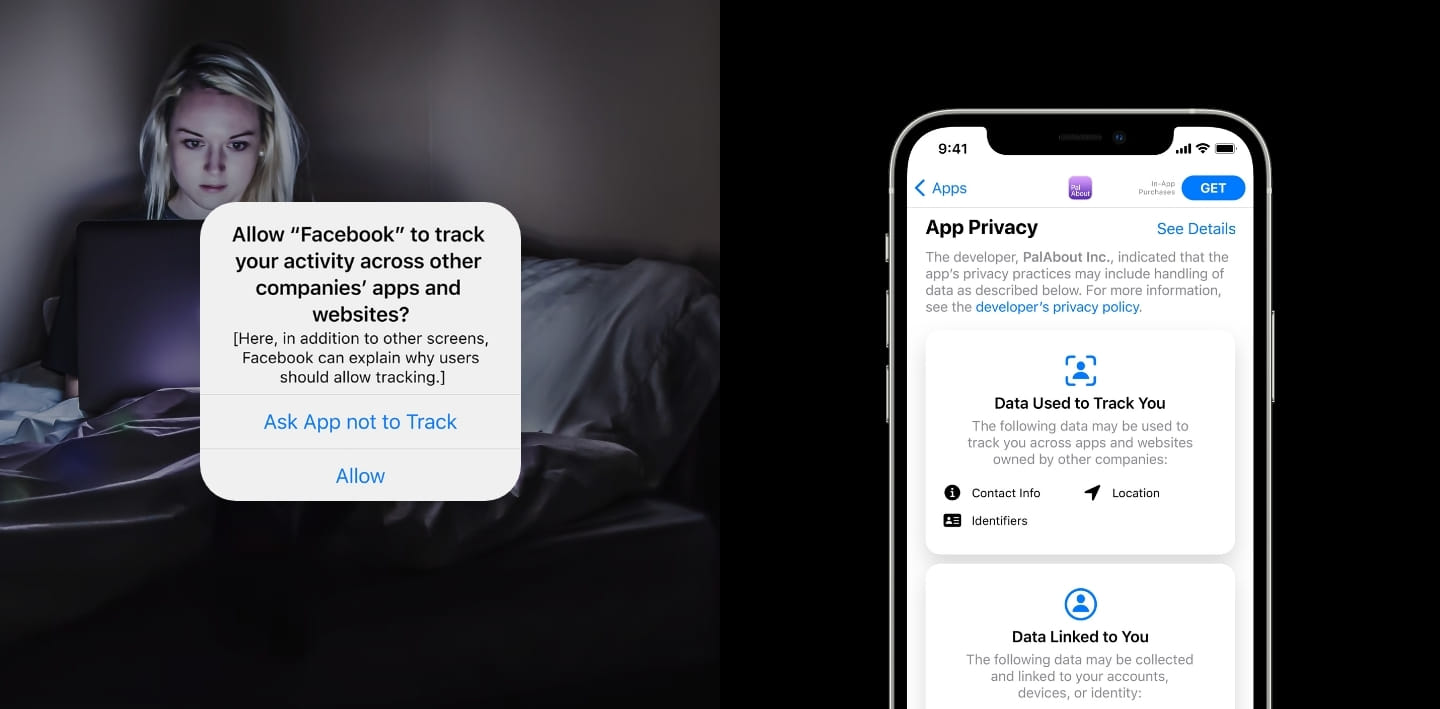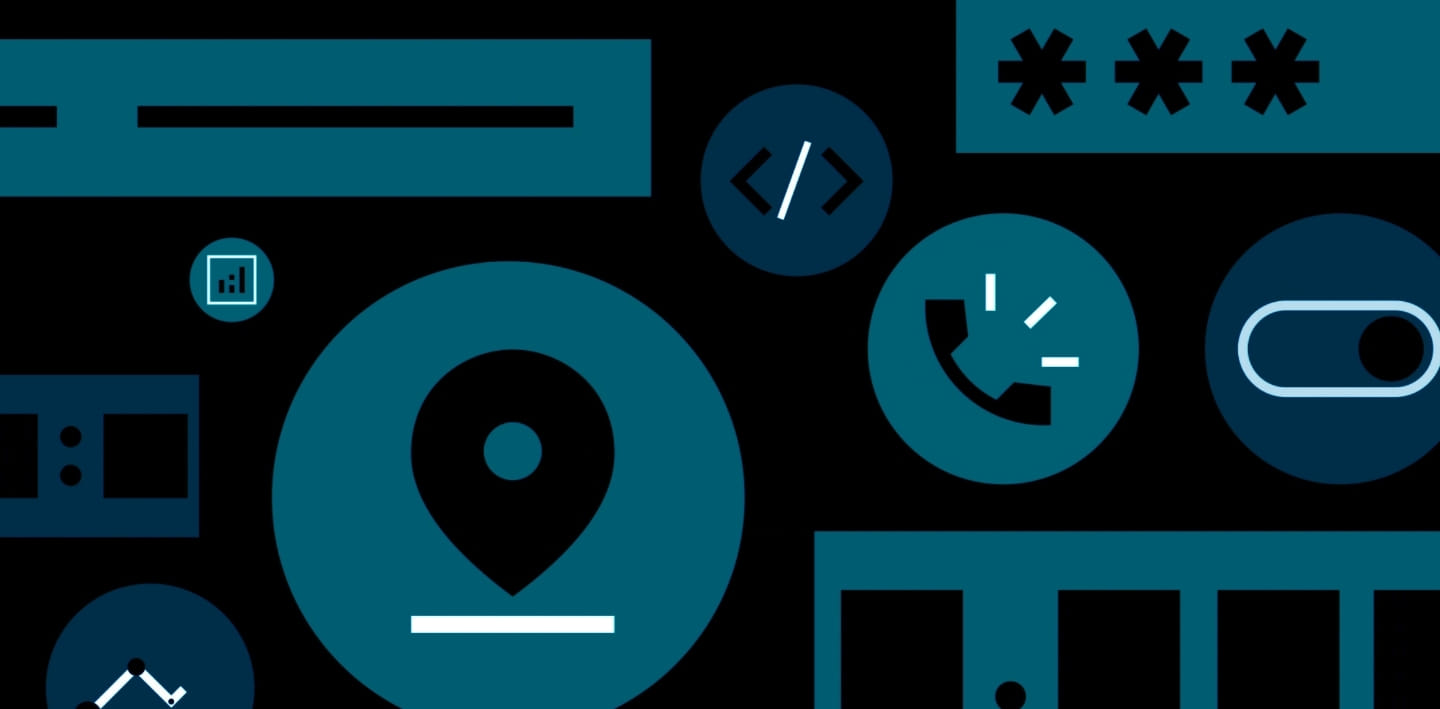Over the last few years, we’ve seen growing concerns about consumer privacy and online protection, with 97% of Americans stating concern about protecting their personal data. Consumers saw the first major shift in early 2021 when Apple announced the added layer of protection in its iOS 14.5 update: the App Tracking Transparency feature. Suddenly, apps were required to get users’ permission before tracking their data across apps or websites owned by other companies. This data had been funneling personalized advertising data up until this point.
Apple launched an additional privacy update in September 2021: iOS 15. This new update prohibits email senders from being able to track who opened an email, when, or where on the mobile Apple Mail app. While desktop and Android device users will still be trackable, 47% of users are reading email on an iPhone, and 13% rely on Apple Mail on their desktop, leaving a sizable amount of consumers protected by the privacy provided by iOS 15.
So, who is most likely to be affected by these changes?
- Businesses / individuals that rely on digital advertising for their business
- Businesses / individuals that rely on email marketing for their business
- Businesses / individuals that own a mobile iOS app that share information with third parties for ad personalization purposes Given growing concerns regarding consumer privacy, more businesses are seeking solutions to capture both first-party and zero-party data, ultimately reducing the data privacy tension since it provides consumers with the option to receive as much personalization as they are willing to provide data for.
What is first-party data exactly?
First-party data is the information you collect passively from customers on your website. For example, first-party data includes sales information such as personal information, purchase history, discounts used, and subscription information. First-party data also includes customer behaviors on your site, like links clicked or interacted with most, length of time spent on a page, and what products they viewed.
Zero-party data:
Zero-party data is personal data that a customer intentionally and willingly shares with a brand, ultimately collected outside the standard procedures of ecommerce transactions.
If your customer participates in a product recommendation quiz, or you ask your customer something about themselves or what they like, that information collected is zero-party data.
Leveraged together, first-party and zero-party data allow brands to provide individualized experiences to their customers aligned with their expectations.
“Leveraged together, first-party and zero-party data allow brands to provide individualized experiences to their customers aligned with their expectations.”
Some of PIVOT’s favorite Shopify Apps / platforms include:
Okendo – Okendo is a customer marketing platform that helps brands capture and showcase high-impact social proof such as product ratings & reviews, customer photos & videos, and Q&A message boards. Okendo gathers valuable zero-party customer data, attribute ratings, and photos/videos, then segments based on this customer-provided data.
Tapcart – Tapcart allows ecommerce businesses to make their Shopify store into a mobile app, with no coding required.
Gorgias – Customer service for Shopify stores, centralized support for orders, subscriptions, tickets, and more, without leaving your helpdesk.
Stay tuned for more first-party and zero-party data collection and personalization strategies from PIVOT…




